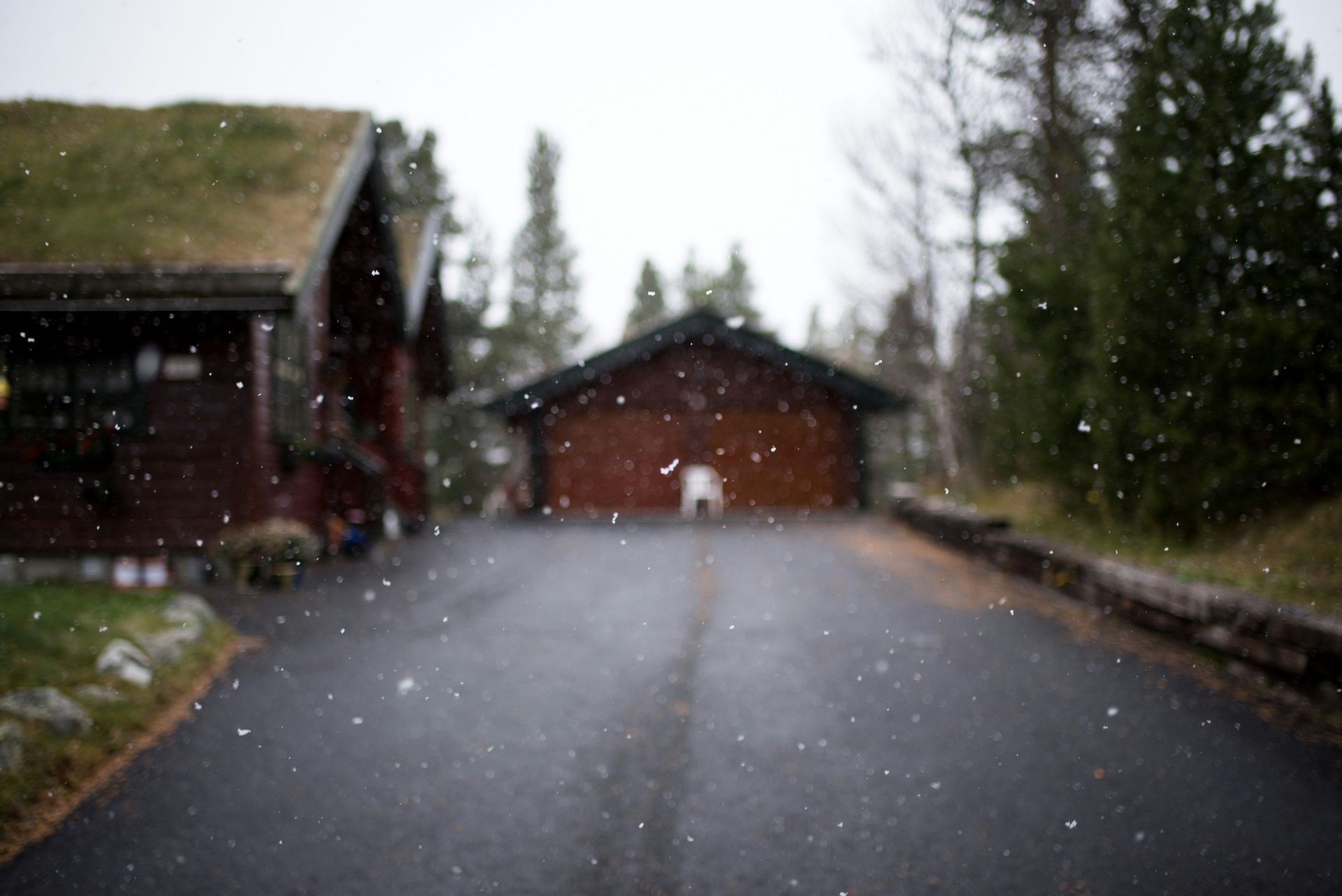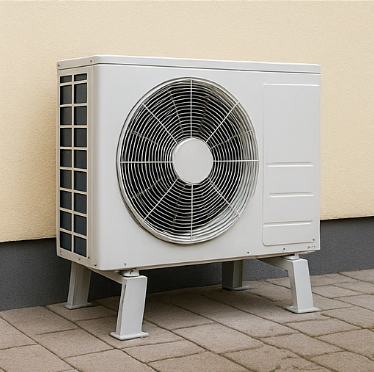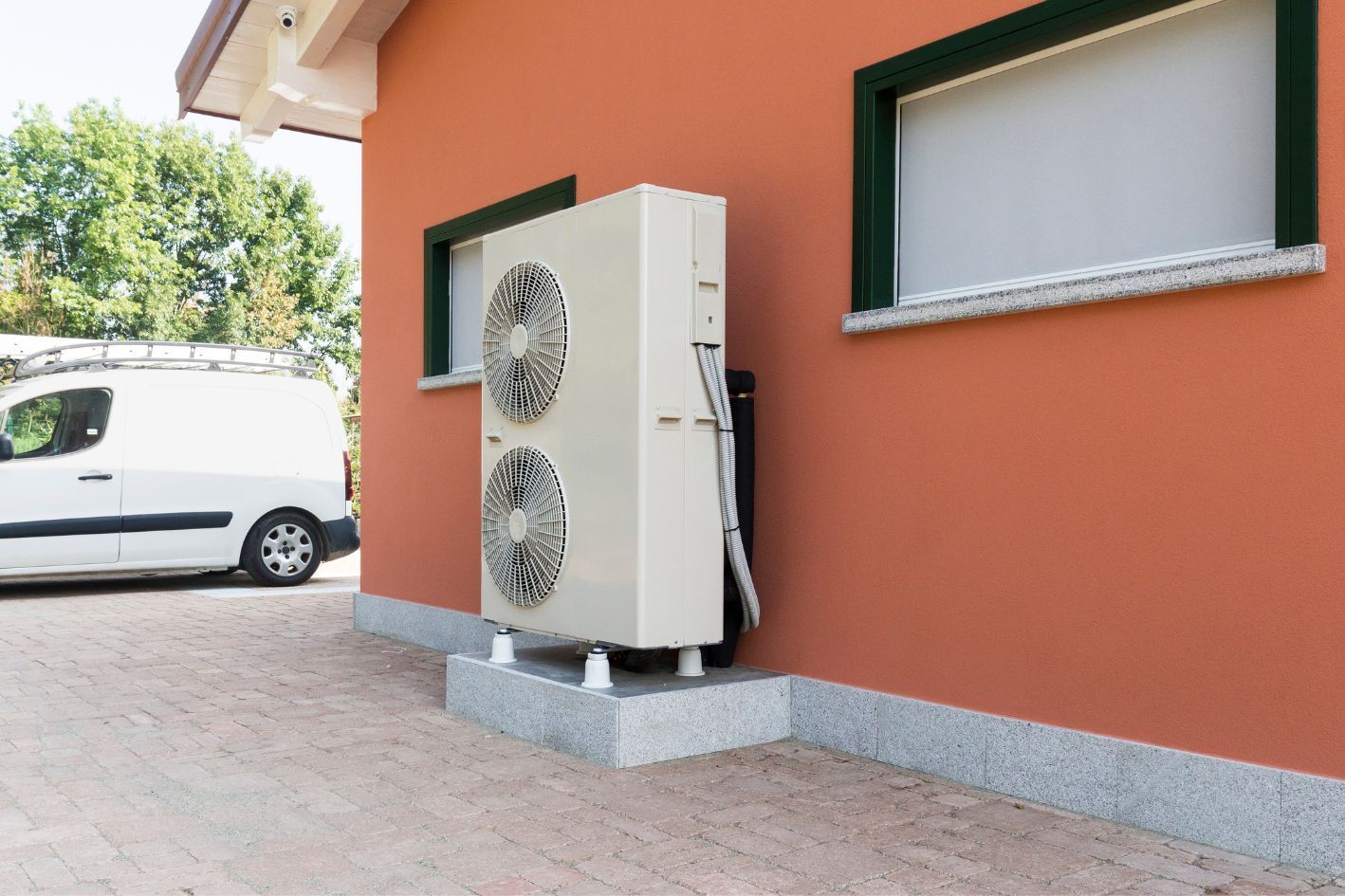The Impact of Ground Reflectivity on Air Source Heat Pump Performance
Many factors come into play when considering the efficiency of air source heat pumps (ASHPs). One often overlooked aspect is the impact of ground reflectivity on system performance. Understanding this relationship can help homeowners and installers optimise ASHP installations for maximum efficiency and effectiveness.
The Science Behind Ground Reflectivity
Ground reflectivity, also known as albedo, refers to a surface's ability to reflect solar radiation. Different surfaces have varying levels of reflectivity, which can significantly influence the surrounding air temperature. This, in turn, affects the performance of air source heat pumps, which rely on extracting heat from the ambient air.
How Ground Reflectivity Affects ASHP Efficiency
Air source heat pumps operate by absorbing heat from the outside air and transferring it indoors. The efficiency of this process is directly related to the temperature of the air surrounding the outdoor unit. Surfaces with higher reflectivity tend to create cooler microclimates, which can impact
ASHP performance in several ways. In summer, highly reflective surfaces can help reduce the ambient temperature around the ASHP unit, potentially improving its cooling efficiency. Conversely, low-reflectivity surfaces that absorb more solar radiation during winter can create slightly warmer microclimates, potentially enhancing heating performance.
Optimising Ground Surfaces for ASHP Efficiency
Consider the surface materials and landscaping to maximise the benefits of ground reflectivity on ASHP performance. Light-coloured, smooth surfaces like concrete or light gravel tend to have higher reflectivity, which can be beneficial in hot climates. Strategic vegetation placement can help manage ground reflectivity and create favourable microclimates for ASHP operation. It's important to note that the impact of ground reflectivity may vary with seasons, so a balanced approach is often best for year-round efficiency.
Balancing Reflectivity with Other Factors
While ground reflectivity is essential, it should be balanced with other factors affecting
ASHP efficiency. Proper positioning of the outdoor unit to avoid direct sunlight and ensure good airflow is crucial. Adequate insulation of the building to maintain indoor temperatures also plays a significant role. Regular maintenance, including keeping the ASHP system clean and well-maintained, is essential for optimal performance.
Understanding the role of ground reflectivity in air source heat pump performance can help homeowners and installers make informed decisions about ASHP placement and surrounding landscaping. Users can
optimise their ASHP systems for improved performance and energy savings throughout the year by considering this often-overlooked factor alongside other efficiency measures.












